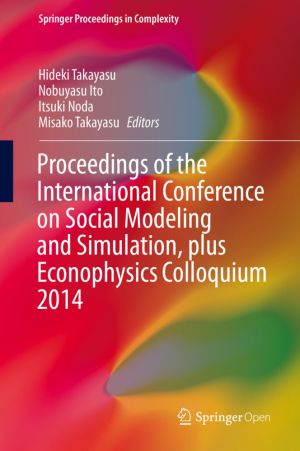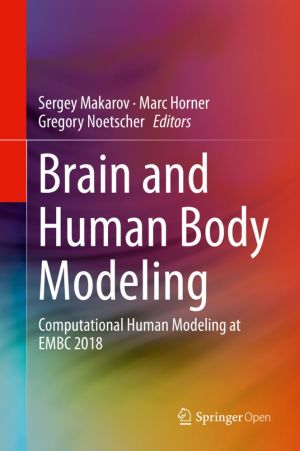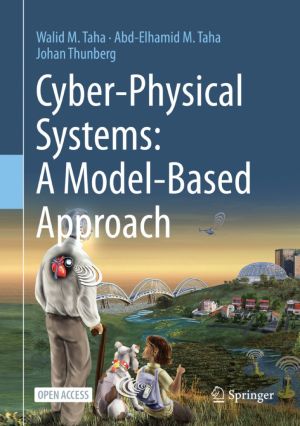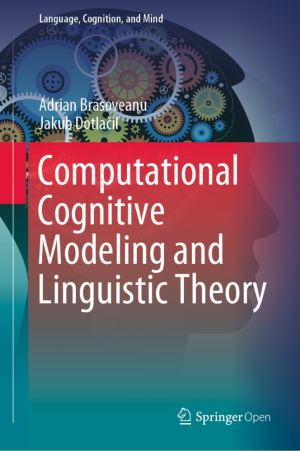Computational Cognitive Modeling and Linguistic Theory
by Adrian Brasoveanu, Jakub Dotlačil
DescriptionDetailsHashtagsReport an issue







Book Description
This open book introduces a general framework that allows natural language researchers to enhance existing competence theories with fully specified performance and processing components. Gradually developing increasingly complex and cognitively realistic competence-performance models, it provides running code for these models and shows how to fit them to real-time experimental data. This computational cognitive modeling approach opens up exciting new directions for research in formal semantics, and linguistics more generally, and offers new ways of (re)connecting semantics and the broader field of cognitive science.The approach of this book is novel in more ways than one. Assuming the mental architecture and procedural modalities of Anderson’s ACT-R framework, it presents fine-grained computational models of human language processing tasks which make detailed quantitative predictions that can be checked against the results of self-paced reading and other psycho-linguistic experiments. All models are presented as computer programs that readers can run on their own computer and on inputs of their choice, thereby learning to design, program and run their own models. But even for readers who won't do all that, the book will show how such detailed, quantitatively predicting modeling of linguistic processes is possible. A methodological breakthrough and a must for anyone concerned about the future of linguistics! (Hans Kamp) This book constitutes a major step forward in linguistics and psycholinguistics. It constitutes a unique synthesis of several different research traditions: computational models of psycholinguistic processes, and formal models of semantics and discourse processing. The work also introduces a sophisticated python-based software environment for modeling linguistic processes. This book has the potential to revolutionize not only formal models of linguistics, but also models of language processing more generally. (Shravan Vasishth)This open book is licensed under a Creative Commons License (CC BY). You can download Computational Cognitive Modeling and Linguistic Theory ebook for free in PDF format (5.1 MB).
Book Details
Title
Computational Cognitive Modeling and Linguistic Theory
Publisher
Springer
Published
2020
Pages
299
Edition
1
Language
English
ISBN13
9783030318444
ISBN10
3030318443
ISBN13 Digital
9783030318468
ISBN10 Digital
303031846X
PDF Size
5.1 MB
License

Related Books

The proceedings of the international conference "SMSEC2014", a joint conference of the first "Social Modeling and Simulations" and the 10th "Econophysics Colloquium", held in Kobe in November 2014 with 174 participants, are gathered herein. Cutting edge scientific researches on various social phenomena are reviewed. Ne...

This book describes modern applications of computational human modeling with specific emphasis in the areas of neurology and neuroelectromagnetics, depression and cancer treatments, radio-frequency studies and wireless communications. Special consideration is also given to the use of human modeling to the computational assessment of relevant regula...

By highlighting relations between experimental and theoretical work, this volume explores new ways of addressing one of the central challenges in the study of language and cognition. The articles bring together work by leading scholars and younger researchers in psychology, linguistics and philosophy. An introductory chapter lays out the background...

This book offers comprehensive coverage on Ordered Fuzzy Numbers, providing readers with both the basic information and the necessary expertise to use them in a variety of real-world applications. The respective chapters, written by leading researchers, discuss the main techniques and applications, together with the advantages and shortcomings of t...

In this concise yet comprehensive open book, future inventors are introduced to the key concepts of Cyber-Physical Systems (CPS). Using modeling as a way to develop deeper understanding of the computational and physical components of these systems, one can express new designs in a way that facilitates their simulation, visualization, and analysis. ...

This book presents 20 peer-reviewed chapters on current aspects of derivatives markets and derivative pricing. The contributions, written by leading researchers in the field as well as experienced authors from the financial industry, present the state of the art in:
- Modeling counterparty credit risk: credit valuation adjustment, debit valuation a...

